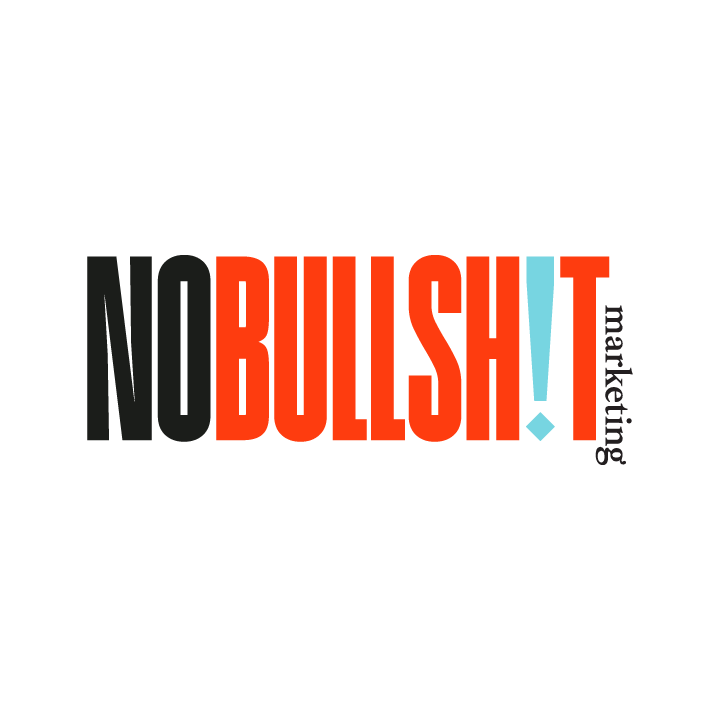What are We to Make of Social Media Outages?
As many people took to social media on Thanksgiving morning to post about their sense of thankfulness and gratitude, they all ran into the same problems — their feed wasn’t refreshing, images weren’t loading and all the content that was out there on Facebook and Instagram just wasn’t accessible the way it should have been. This was all due to a massive outage.
A Brief Background on Social Media Outages
The first reports of the problem on Thanksgiving 2019 surfaced around 9:00 a.m., and by 3:00 p.m., everyone had full access again. But for those six hours in between, many of the 2.3 billion people who use Facebook and 1 billion people who use Instagram were disconnected from one another.
It sounds like the ultimate first-world problem, but this was not the first outage the social media platforms have suffered in the past year. For companies that depend on social media for advertising, it’s a matter of concern because it can mean less opportunity and less revenue.
The problem is that Facebook — which, as a company, owns not only Facebook but also the platforms Instagram, WhatsApp and Messenger — rarely gives a detailed explanation of what went wrong. In the case of the Thanksgiving 2019 outage, could it have been the high traffic, as so many people were taking to the platform to post about their Thanksgivings?
If that were the case, Facebook didn’t say so. Instead, it simply pointed to something wrong in its central software system. This is similar to another outage the platforms suffered earlier in the year, on Wednesday, July 3, when multiple platforms were unable to upload or send images or videos. Facebook said this was due to an accident during routine maintenance.
It also happened in March, when all the platforms were down for nearly 24 hours. Facebook said all of this happened because of a change it made to its server configuration.
Does this mean that there’s a huge risk for people who count on social media as a source of advertising? Not necessarily. About 6 million advertisers use Facebook, and although those who use Facebook to direct sales traffic might lose revenue during those periods when people can’t click straight through to their website, it’s not as if they’re paying to run advertisements that don’t get run. This is because when you pay for an ad on Facebook, you pay for results rather than time-based outreach. In other words, you are paying to have a certain number of people see your post rather than to have your post promoted for a certain number of hours or days.
However, having a major platform down for an extended period of time is not convenient for anyone, especially if it happens every few months — sometimes for as long as 24 hours — and there’s no thorough understanding of what caused it.
How to Ensure Outages Don’t Hurt You
Businesses that use social media for advertising purposes should employ a bit of careful planning to ensure that the next major outage doesn’t negatively affect their promotional campaigns. Here are a few suggestions:
1. Plan ahead for time-sensitive material.
If there’s an element of timeliness to what you’re advertising, such as an event or a special, make sure you’re giving yourself plenty of lead time. Sure, you want to give it a last-minute push right before the event, but if you are waiting to plug your anniversary open house the day before the event date and Facebook suddenly crashes, you have missed out on an opportunity. Posting the event a few weeks in advance and paying to promote it four or five days out gives you a little bit more wiggle room in case of a crisis.
2. Have a following on multiple platforms.
Sure, not every social media platform is the best fit for every business. But just because you’re a retail shop that’s better suited for Instagram doesn’t mean you shouldn’t have a Twitter account that you use to engage followers from time to time. That way, if Instagram or Facebook crashes, you still have a way of reaching people. In fact, when Facebook and Instagram crash, the companies keep their users informed via Twitter. Your fans will appreciate getting a short memo from you simply stating that you’ve got great photos to share with them as soon as Instagram is back up.
3. Don’t hesitate to report an outage.
If you get on Facebook and notice your feed isn’t refreshing, be sure to check out Down Detector (www.downdetector.com), which works along the same lines as a weather forecast, except in this case for social media. Users can report when they’re suffering an outage, see how widespread the outage is (and how it’s affecting others) and get updates on when their favorite platform is supposed to be back up and running.
4) Be prepared to engage with followers as soon as your platform is back up.
If Facebook or Instagram is going to be down for a long period of time, everyone is going to be posting when it is finally back up. That means your post could easily be lost in the rush of content unless it’s especially good. Make sure you have something interesting and relevant that will encourage engagement from your followers.
